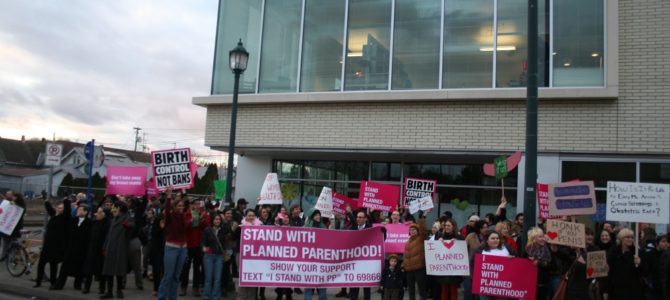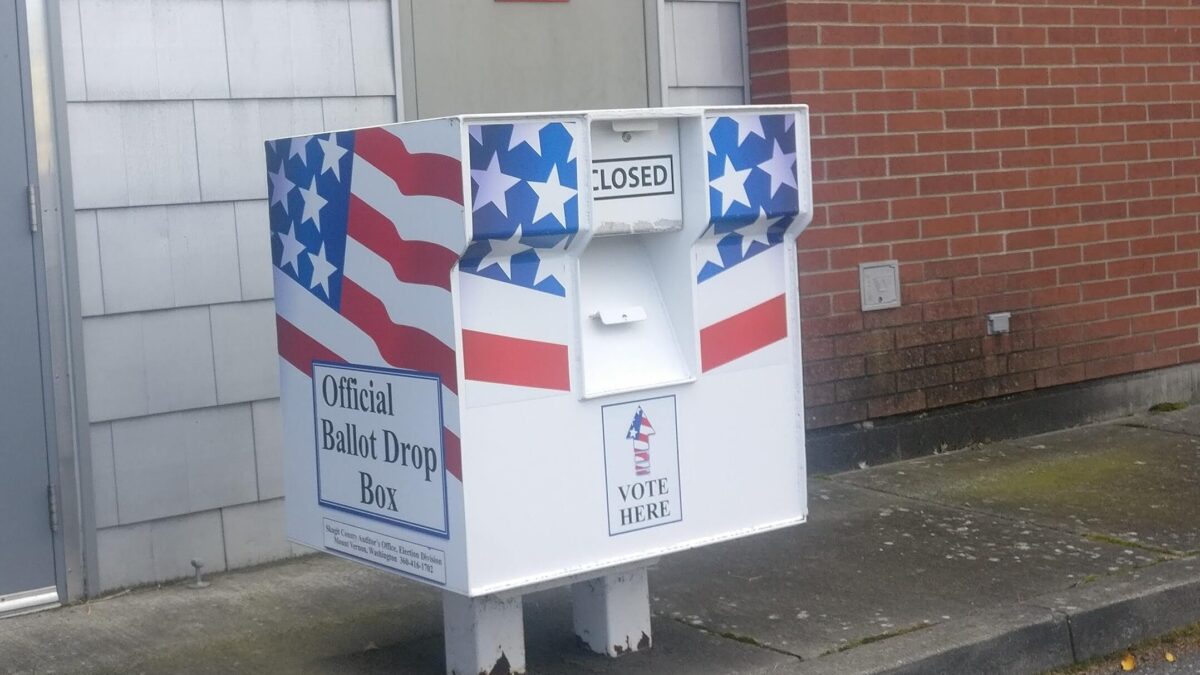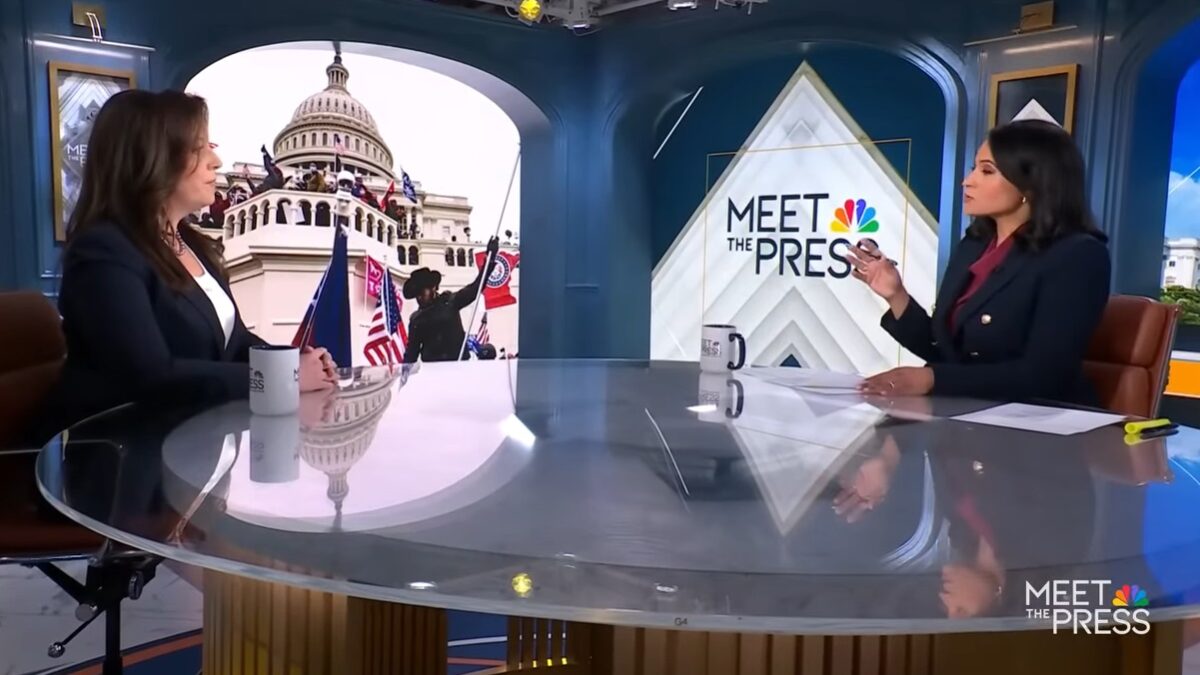
On Friday, a jury awarded Planned Parenthood Federation of America, and multiple Planned Parenthood affiliates, damages set to exceed $2.3 million in their civil case against undercover journalists David Daleiden and Sandra Merritt and several of their associates. The country’s largest cohort of abortion providers sued Daleiden and his colleagues after the 2015 release of a series of investigative videos that exposed Planned Parenthood’s trafficking in fetal parts.
The jury found the defendants liable on an array of state law theories, including trespass, breach of contract and of non-disclosure agreements, and fraud, as well as state and federal laws prohibiting the unconsented recordings of third parties. The California-based jury also found that Daleiden and the other defendants had violated the federal Racketeering Influenced Corrupt Organizations (RICO) law—a federal statute that triples any damage award. The defendants were also hit with punitive damages exceeding $800,000.
Daleiden’s lead attorney, Peter Breen, of the public policy legal firm Thomas More Society, promised an appeal. “We intend to seek vindication for David on appeal,” Breen said in a press release. “This lawsuit is payback for David Daleiden exposing Planned Parenthood’s dirty business of buying and selling fetal parts and organs,” Breen added, noting, “We intend to seek vindication for David on appeal. His investigation into criminal activity by America’s largest abortion provider utilized standard investigative journalism techniques, those applied regularly by news outlets across the country.”
Breen has several solid grounds for appeal, and initially will likely challenge presiding judge William Orrick III’s refusal to recuse from the case. While appellate courts are hesitant to second-guess a trial court’s decision on whether recusal is required, in this case the facts strongly suggest recusal was required.
Specifically, Judge Orrick was a founder and a longtime officer and director of the Good Samaritan Family Resource Center, an organization which, according to Daleiden, houses and participates in a joint venture with one of the named Planned Parenthood affiliates. Further, during the pendency of this case, as Breen pointed out in briefing, Orrick was “held out to the public as serving as an Emeritus Board Member of [the Good Samaritan Family Resource Center].”
Judge Orrick’s refusal to allow Daleiden and the other defendants to testify concerning their reasonable beliefs about abuses in the fetal tissue business, from harvesting of organs from born-alive babies to selling tissue and body parts for profit, as well as the judge’s decision barring the admission of the video evidence, will also be areas ripe for reversal.
However, the most significant legal aspect of this case concerns the First Amendment—and it is that issue which will likely result in this case eventually reaching the Supreme Court. That prospect promises not just vindication for Daleiden but assures further exposure to the reality of the violence of abortion.
Breen confirmed he will challenge the verdict on “First Amendment grounds, noting that the compensatory damages stem from the publication of the videos.” “We believe the compensatory damages should go to zero on appeal.” Breen said.
Breen’s argument has strong support in the case law, specifically the seminal circuit court decision involving undercover journalists: Food Lion Incorp. v. Capital Cities ABC. That case also involved undercover journalists using false pretenses and hidden cameras to expose the heinous practices of butchers, albeit in that case they were working in Food Lion grocery stores and not abortion clinics.
In the Food Lion case, after receiving a report that Food Lion employees had “ground out-of-date beef together with new beef, bleached rank meat to remove its odor, and re-dated (and offered for sale) products not sold before their printed expiration date,” two ABC reporters posed as job applicants, were hired, worked for two weeks, recording hours of videos, and then quit. ABC’s “Prime Time Live” then aired a highly critical segment of Food Lion using some of the video footage.
Food Lion responded by suing ABC for fraud, breach of loyalty, trespass, and unfair trade practices. Significantly, Food Lion—like Planned Parenthood in this case—did not sue for defamation.
Yet, even though Food Lion had not sued for defamation, the grocery store chain sought “publication damages” for harm “relating to its reputation, such as loss of good will and lost sales.” The Fourth Circuit Court of Appeals held that the “First Amendment principle precludes the award of publication damages in this case . . . ”
In so holding, the Fourth Circuit reasoned that Food Lion could not avoid the First Amendment’s limitation on defamation claims, which under New York Times v. Sullivan, requires false statements to be made with actual malice to allow for recovery, by suing for fraud and other state law torts. Rather, when “a public figure plaintiff uses a law to seek damages resulting from speech covered by the First Amendment, the plaintiff must satisfy the proof standard of New York Times.” Because Food Lion was not prepared to meet the “actual malice” standard for publication damages under any of the claims it asserted, the appellate court held Food Lion could not recover “publication damages” from the ABC broadcast.
Like the Food Lion case, here Planned Parenthood sought (and obtained) “publication damages.” As Daleiden’s attorneys detailed in briefing to the district court, “numerous witnesses testified that their alleged damages in this Trial came as a result of the publication of the Human Capital Project videos. For instance, Melvin Galloway, Executive Vice President and Chief Operating Officer of Planned Parenthood Federation of America, spoke repeatedly that the alleged damages claimed relate to spending to protect the ‘brand,’ respond to ‘attacks’ on the ‘brand,’ and ‘prevent harm in terms of the brand.’”
Moreover, the verdict form returned by the jury on Friday, identified as the major component of damages “security” which Planned Parenthood instituted as a result of the publication of the videos. Even assuming the defendants’ conduct caused those damages—another issue for appeal—they would be barred under the reasoning of Food Lion.
Food Lion, however, is not binding precedent on the California district court that rejected Daleiden’s argument that the First Amendment barred publication damage, absent proof of actual malice. But when Daleiden appeals the jury verdict to the Ninth Circuit, he will argue that the appellate court should follow the reasoning of Food Lion and vacate the jury’s compensatory damage award.
No matter the outcome of that appeal, expect the Supreme Court to weigh in on this important constitutional question. When the court does, watch too for the mainstream media to sacrifice its interests in a free speech and a free press to the altar of abortion.









